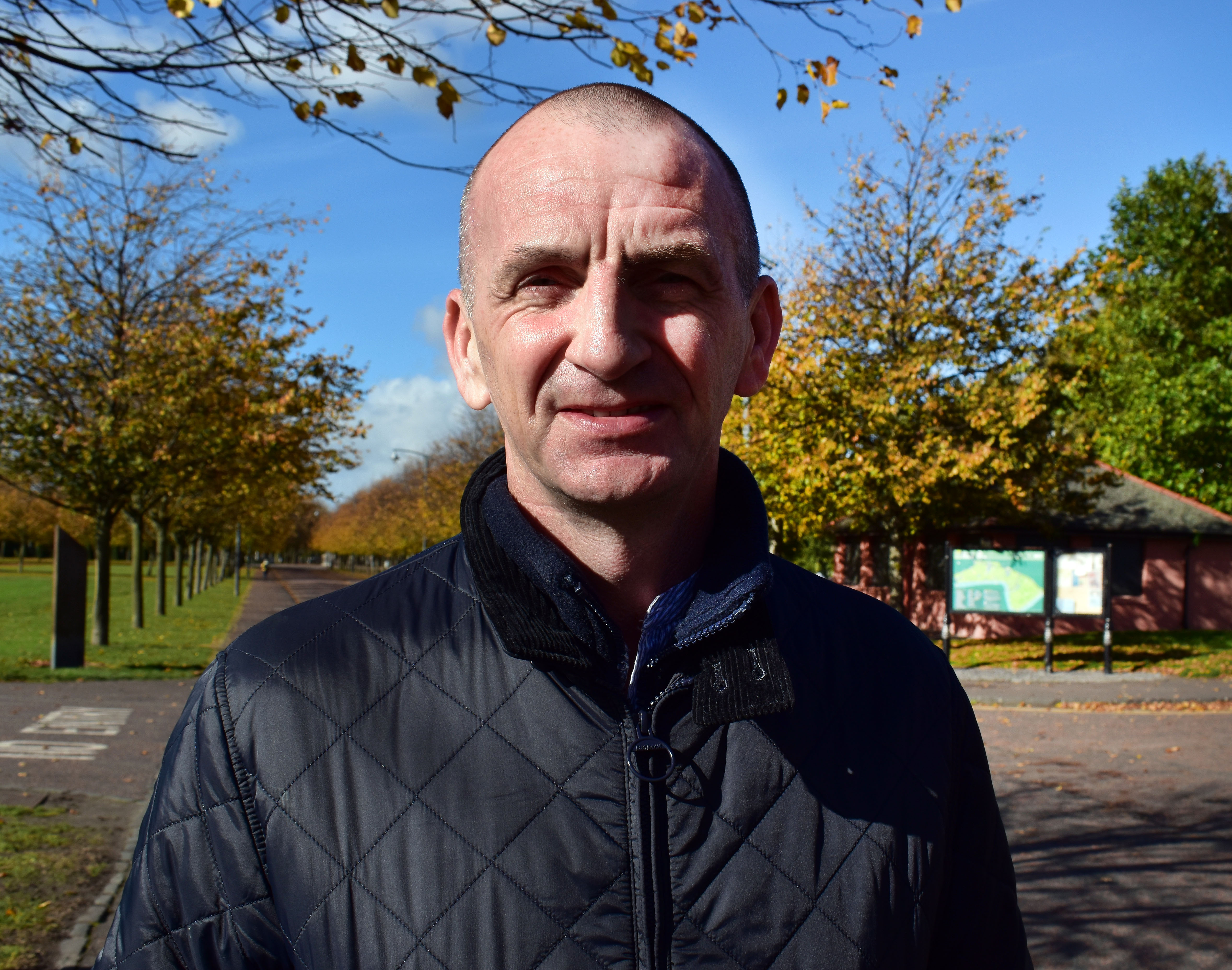Alex Cochrane, manager of our Re-Connect counselling service, reflects on the Re-Connect service as we mark it’s first birthday.
The first Re-Connect customer started their counselling journey on the 14th of May 2018. To date, over 160 people have used the service. We currently have six counsellors working at our Glasgow, Paisley and Greenock offices.
We provide rapid access, free of charge counselling to our customers and colleagues.
The idea for Re-Connect began when I was working as a mentor with the Wise Group’s community justice team. I noticed that we were very good at helping people to rebuild their lives using a person-centred care plan, supporting customers to settle into the community after prison, and reducing their chances of re-offending.
However, I noticed a massive gap in supporting people with their internal world, like post-traumatic stress disorder, trauma, adverse childhood experiences, loss, grief, bereavement, loneliness and isolation to name but a few. Not being able to tackle the underlying issue is the reason that we often see people return to our services, even when we have helped them into jobs or accommodation.
My background is in counselling, and I knew that therapy could be expensive and the waiting lists around three to nine months. The cost of private treatment starts at around £45 per 45 minutes, and is therefore out of reach for the vast majority of the people we engage with.
I had the idea to set up a counselling unit so our customers could access a counsellor on release at no cost to themselves and as soon as possible. After someone is liberated from prison, the first 48 hours are crucial when tackling re-offending. The mentor picking the person up at the gate and taking them to services helps prevent them returning to prison, and counselling goes hand in hand with this.
I wanted us to offer support in a person’s external and internal world, as the internal is often forgotten. I wanted to add to the amazing work we do, be organic and meet customers in all areas.
I went to local universities and colleges and asked my contacts to help me set up a counselling unit in accordance with the British Association for Counselling and Psychotherapy (BACP) guidelines..
I engaged with Kirsten Amis, Counselling Service Co-ordinator at Glasgow Clyde College (Anniesland campus). Kirsten runs an HND counselling course, through which students are required to complete a work placement, comprising 100 hours of practice. The course has been developed with the British Association for Counselling and Psychotherapy (BACP) and students must register with the BACP before beginning practice.
It took me three years to get everything in place, and at the beginning of 2018, we began operating Re-Connect, to help people reconnect with themselves.
The service has now expanded to offer counselling to everyone across the Wise Group enterprise. We provide eight sessions of counselling which can be ten if the customer and counsellor think this would be beneficial to them. This has helped with our delivery of Fair Start Scotland, with customers who can be far removed from employment. They can access the service and discuss their mental health – things like depression, anxiety, fear, social isolation. These can be barriers to finding a job, and with a counsellor in place, the work coaches can concentrate on helping the person remove other barriers to employment.
The counselling relationship offers a safe, warm and trusting environment to talk about anything the customer wants, with no pressure of any outcomes.
I’m in the process of trying to replicate the unit at our Newcastle office, using the exact same model I have here.
We have a low number of “failed to attend” sessions. This is because the mentors and work coaches are supporting the customers to engage with the service, removing barriers like not having a bus fare or feeling reluctant to go to the first session. For our colleagues, the service is on site, meaning they don’t have to travel or fit it in around their work schedule.
A few months ago when I looked at some of the statistics I noticed that 76% of customers were male. This showed me that the “West of Scotland men don’t talk” was a myth. People can and do talk if they find the right person to talk to, in the right environment, with empathy, acceptance and transparency on offer.


